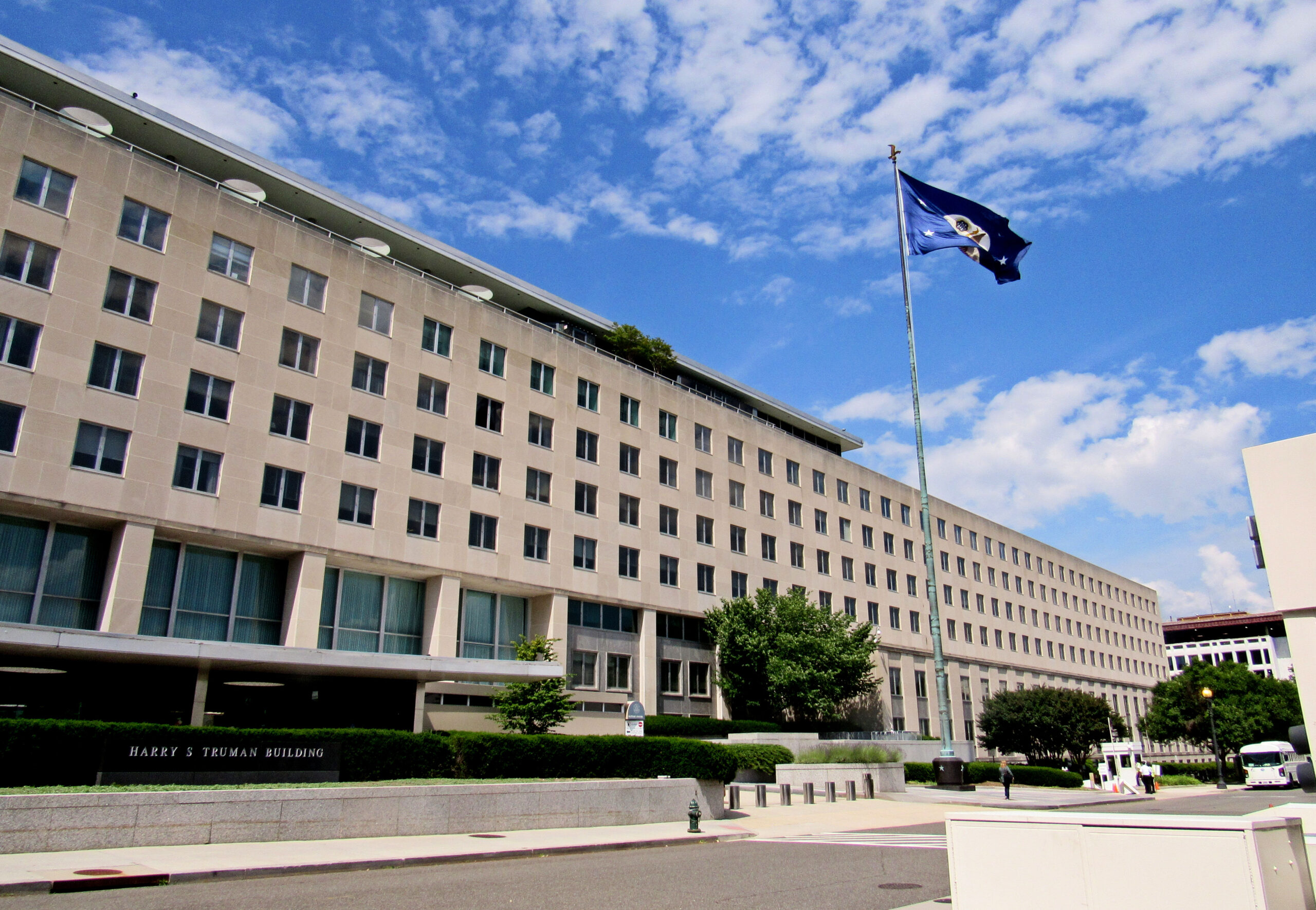By Ben SmallAnalyst at the publicly listed digital asset broker GlobalBlock
The crypto market has started the second half of this week on the front foot on the back of the latest interest rate decision in the US.
Despite starting the week under plenty of pressure in the build-up to the decision, a sea of green is showing across digital assets since.
BTC rebounded back above the $23.840k mark placing the market leader comfortably within its higher ranges of the last 6 weeks. ETH has jumped by as much as 13% since the announcement hitting $1.729k, a level it has struggled to break since early June too. DeFi tokens have also responded strongly, with Aave establishing its price above the $92 mark (almost a 40% rise in the month of June) and Uniswap climbing by 21%.
You could argue that show of optimism reflects the view among investors that a more aggressive plan of action from the Federal Reserve was expected, particularly given the amount of political pressure that is building on governments to tackle inflation (not that the two should be linked! ).
So will crypto assets manage to maintain this momentum?
Eyes will now be turning towards any economic data that could conflict with the Fed’s targets. Not only does the FOMC have to be willing to seriously harm growth prospects in the states, but also come to terms with the realities of a looming recession and a jobs market under serious pressure.
The US’ latest GDP release will be keenly watched as well as the initial jobless claim data due this afternoon. It will be interesting to see how Germany’s inflation readings also come out today given Russia’s latest power play forcing gas prices to sky rocket in Europe.
UK crypto news: Law commission pushes for a specific property category for crypto
Advisors to investors up and down the country will have been campaigning for this push for a long time. The constant battle of trying to fit innovative digital products into traditional categories has proven ineffective at best.
The proposal to create a distinct label under personal property law would certainly make their lives easier and could make the process of regulating digital much more efficient too. It will be interesting to see what kind of feedback is provided by the wider industry on these proposals and most importantly how the government responds.
By Ben SmallAnalyst at the publicly listed digital asset broker GlobalBlock
The crypto market has started the second half of this week on the front foot on the back of the latest interest rate decision in the US.
Despite starting the week under plenty of pressure in the build-up to the decision, a sea of green is showing across digital assets since.
BTC rebounded back above the $23.840k mark placing the market leader comfortably within its higher ranges of the last 6 weeks. ETH has jumped by as much as 13% since the announcement hitting $1.729k, a level it has struggled to break since early June too. DeFi tokens have also responded strongly, with Aave establishing its price above the $92 mark (almost a 40% rise in the month of June) and Uniswap climbing by 21%.
You could argue that show of optimism reflects the view among investors that a more aggressive plan of action from the Federal Reserve was expected, particularly given the amount of political pressure that is building on governments to tackle inflation (not that the two should be linked! ).
So will crypto assets manage to maintain this momentum?
Eyes will now be turning towards any economic data that could conflict with the Fed’s targets. Not only does the FOMC have to be willing to seriously harm growth prospects in the states, but also come to terms with the realities of a looming recession and a jobs market under serious pressure.
The US’ latest GDP release will be keenly watched as well as the initial jobless claim data due this afternoon. It will be interesting to see how Germany’s inflation readings also come out today given Russia’s latest power play forcing gas prices to sky rocket in Europe.
UK crypto news: Law commission pushes for a specific property category for crypto
Advisors to investors up and down the country will have been campaigning for this push for a long time. The constant battle of trying to fit innovative digital products into traditional categories has proven ineffective at best.
The proposal to create a distinct label under personal property law would certainly make their lives easier and could make the process of regulating digital much more efficient too. It will be interesting to see what kind of feedback is provided by the wider industry on these proposals and most importantly how the government responds.













